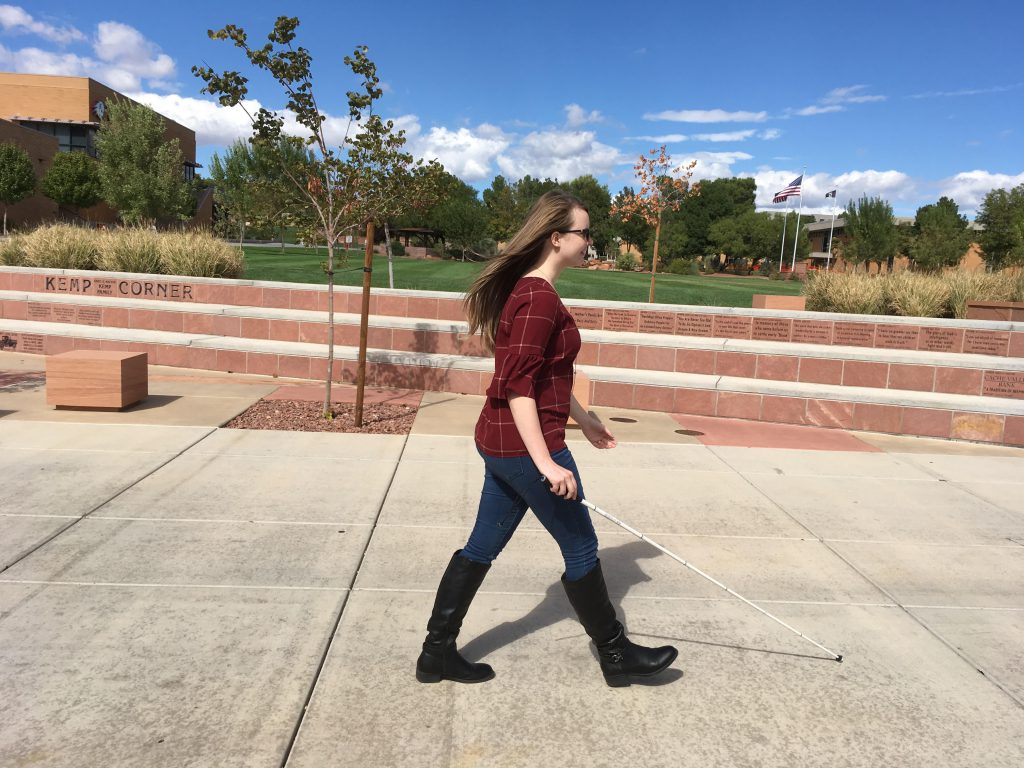As a college student with a chronic illness, I am bound by the labels society forces upon me.
I have endometriosis, postural orthostatic tachycardia syndrome and a multitude of unexplainable symptoms and ailments that have yet to be diagnosed. I don’t broadcast this unless people ask, and I try my hardest to look normal on the outside, despite feeling like I’m dying on the inside.
Being chronically ill is all-consuming, and the world is not created to support that.
When people know I am chronically ill everything changes
Being chronically ill makes me the eternal outsider, forever forced to watch everyone around me have fun while I am stuck on the sidelines. I don’t get invited to parties, games, events and whatever else is going on because frankly, the pain I live in dictates my life and makes me unreliable. I am so tired of constantly being looked over because I just want to be included in things every college student participates in.
It is incredibly difficult for me to feel like a human, like I’m something more than just my pain and the symptoms that control my life, and the consistent exclusion from life does not help that.
Everyone with a chronic illness could tell you that on the 1-10 pain scale, our level five is a healthy person’s level 10. When my pain is at a level 10, that usually means that I’m past the point of emergency—I might be dying. This is entirely inexplicable to a person without a chronic illness because the pain we live in is just impossible to understand.
I know people can’t understand what I go through every day, and I know that people don’t pity me or treat me less than on purpose or maliciously. But this doesn’t change the fact that being chronically ill changes how people view you.
What needs to change
The world is created for people who can easily walk up stairs and ramps without passing out, for people who can eat anything on campus and for people who can wake up feeling comfortable in their own bodies.
The Centers for Disease and Control reported around 40% of Americans have a chronic illness. In this report, they used examples such as high blood pressure, diabetes or arthritis, but the argument still stands and proves that many of us with an invisible illness are constantly overlooked.
My life is dictated by the pain I am in, and sometimes it is impossible to go to class. Unfortunately, even with aid from the Disability Resource Center, I still do not get the help I need when I need to miss class.
Most professors now require a doctor’s note to be excused from class, but going to the doctor for me is entirely useless and redundant. I cannot go into a doctor’s office because there is nothing they can do for me. Therefore, I can’t get any doctor’s notes, and I just have to suffer through the pain and go to class so I don’t lose my grade.
I don’t think it’s complete ignorance on anyone’s part; people just use and abuse being sick to miss class so I understand the mistrust, but the DRC isn’t as helpful as it should be. The harsh reality is our campus is inaccessible, even if a large percentage of the population has a chronic illness.
Due to both of my illnesses, physical exertion for me is entirely different from anybody else. Walking up stairs spikes my heart rate, which makes me feel like I have just run a marathon, making me tired and dizzy for hours. Even though I technically could go the “long way” to avoid the stairs, the long walk does the exact same thing, and I cannot even begin to imagine what that would be like for a person in a wheelchair.
This all needs to change, and the first step is changing how we are treated. The best thing anyone can do for a person who is chronically ill is to educate yourself on their diseases—don’t stay ignorant. Learn that we are not a liability, and are still capable of living.
It’s easy to stay ignorant, to hear your friends say they are sick and do nothing about it. It is easy to hear “I am so sorry,” but the best thing—at least for me—is when they say, “How can I help?”
Be understanding, be supporting, but don’t pity us. Just changing your mindset is the fastest way to change our life.
The second step is changing the campus to become accessible. The stairs, hills and status of the ramps on campus need to be fixed. Many of the buildings on campus, like the Holland Centennial Commons or the Gardner building, seem like accessibility was an afterthought.
Entering either building requires me to go all the way around to avoid hills and stairs—and that isn’t OK. I sincerely hope when buildings are remodeled and built, accessibility becomes a forethought and it becomes easier to use elevators or enter the buildings.
I know being a professor is difficult, and dealing with chronically ill students is frustrating. But when professors offered students who were sick to Zoom into class, my life seriously changed.
This small addition allowed me to stay home when I was in too much pain and not miss class, and each classroom is capable of this. Each classroom has a camera and microphone for this exact thing, and I have only ever had two professors offer this.
It’s a small change that creates a massive and positive impact for us, and it all starts with being less ignorant. I am a college student with a chronic illness, and I am bound by the labels society forces upon me, but it doesn’t need to stay that way. Changing the way society views the chronically ill could be the difference between living life and suffering through it.




